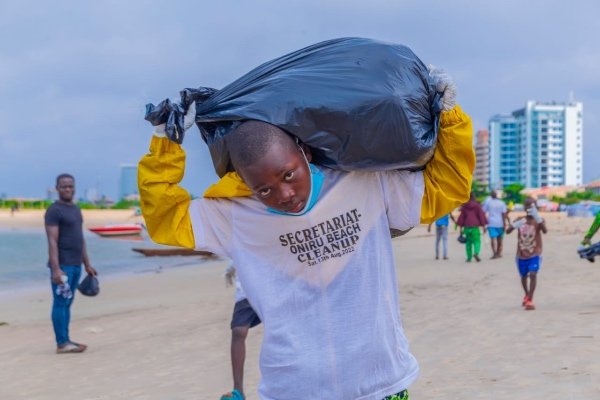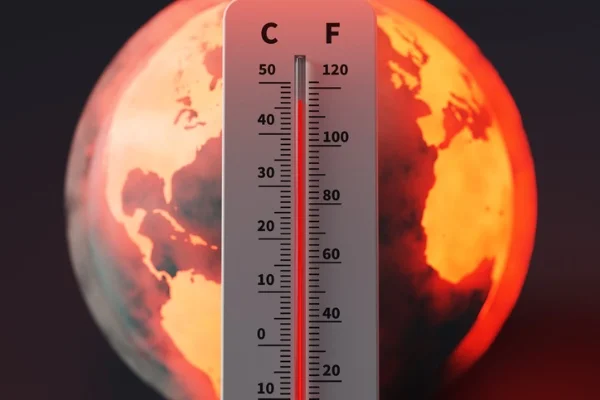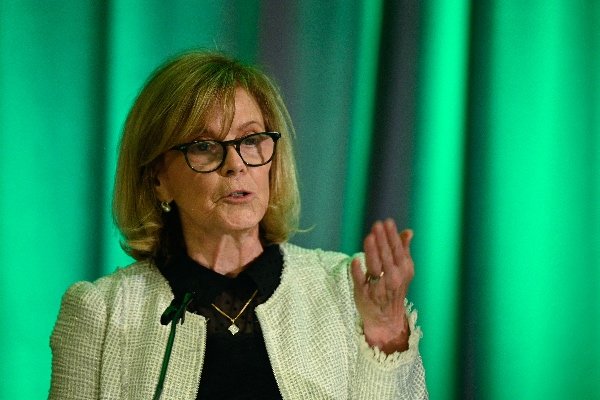This article first appeared in our World Environment Day issue of My Green Pod Magazine, published 05 June 2024. Click here to subscribe to our digital edition and get each issue delivered straight to your inbox
Main image: On 22 April, EARTHDAY.ORG projected messages on the Supreme Court, Ottawa ahead of INC-4 negotiations for the Global Plastics Treaty
Young people and college students have always stood at the forefront of change – and especially when it comes to the environmental movement.
Whether it’s because of their sense of empathy, their inherent optimism or, more recently, the existential threat of climate change faced in real time, you can always count on youth to step up and fight for our planet.
As we mark World Environment Day (05 June), we have never needed them more.
While the very first Earth Day was inspired by veteran environmentalists like Rachel Carson and conceived by Wisconsin Senator Gaylord Nelson, it was planned and executed by young people.
Student anti-war activist Denis Hayes organised the very first Earth Day and worked with young people and student organisers to mobilise 20 million Americans to protest on the first Earth Day in 1970. He went on to co-found EARTHDAY.ORG.
Empowering action
Today we continue to see bold leadership from youth from across the world – most famously Greta Thunberg, who started Fridays for Future.
Sunrise Movement and the Campus Climate Network are just two of the many other organisations started by young people to harness the power of youth and students to advance the environmental movement.
EARTHDAY.ORG, for its part, revived its college campus outreach programme this year with the Earth Day Campus Coalition (EDCC).
Like other youth-focused environmental organisations, the EDCC has stepped into the arena to unify and empower college students to act – but of course, we aim to make Earth Day the focal point of our efforts.
Real-world impact
In a media market that defines success and profits using ‘views’ and ‘clicks’, young people are inundated with messages about which issues they should care about.
These messages come from the media, political campaigns, charities, advocacy groups, corporations and even governments.
It is easy to be overwhelmed and dismiss everything; if every issue is the most pressing issue of our time, then how can we tell what matters?
The reality is that we do face a wide range of challenges. The EDCC is not here to tell students and young people what issues they need to prioritise over others; we are here to provide information and the help they need to take substantive action.
 Play Video about This Rock Might Just Save The World
Play Video about This Rock Might Just Save The World Play Video about Play 2 hours of rock
Play Video about Play 2 hours of rock Play Video about Play 2 hours of brook
Play Video about Play 2 hours of brook Play Video about Play 2 hours of sheep
Play Video about Play 2 hours of sheep














































